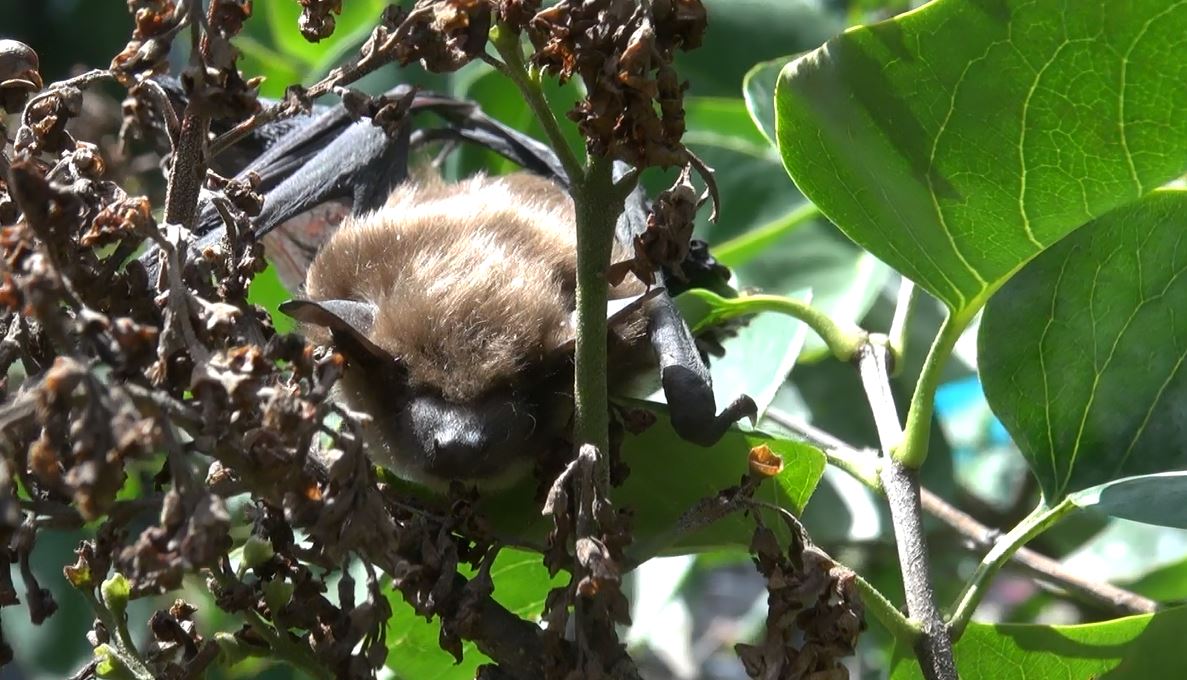

DON'T FORGET TO SHARE THIS POST!
Did you find this Blog useful?





No votes so far! Be the first to rate this post.
About the author: Bill Dowd is the Founder, President, and CEO of Skedaddle Humane Wildlife Control. He established Skedaddle in 1989, recognizing the need for professional urban wildlife focusing on humane removal methods. Skedaddle Humane Wildlife Control have since had over 200,000 wildlife removals and exclusions with environment-friendly, poison-free methods since day one. Bill obtained his B.PhEd., from Brock University while playing varsity hockey. Bill also played hockey for the Ottawa 67’s and was drafted by the then Stanley Cup Champion New York Islanders. Bill has grown Skedaddle to the largest urban wildlife control company in Canada which currently services over 75 municipalities in Ontario, Quebec and Nova Scotia. Bill has also been a guest speaker for many municipalities and educational institutions on urban wildlife.
Connect with the author via: LinkedIn
Main Categories
- Raccoons (532)
- Mice (487)
- Squirrels (395)
- Bats (330)
- Birds (175)
- Skunks (251)
- Other (21)
- Prevent and Protect (135)
- Clear and Clean (13)
- Animals and Your Health (39)
- Wildlife Babies (34)
Locations
- Ajax (66)
- Anne Arundel (27)
- Anoka County (16)
- Barrie (41)
- Bowmanville (14)
- Calvert County (18)
- Coquitlam (134)
- Durham (86)
- Etobicoke (16)
- Halifax (2)
- Hamilton (56)
- Hennepin County (17)
- Kitchener/Waterloo (43)
- Madison (144)
- Markham (39)
- Milwaukee (331)
- Minneapolis (20)
- Mississauga (9)
- Montreal (50)
- Newmarket (39)
- Niagara (41)
- North York (23)
- Oakville (47)
- Okanagan Valley (75)
- Oshawa (72)
- Ottawa (36)
- Peterborough (1)
- Pickering (64)
- Rexdale (20)
- Richmond Hill (36)
- Scarborough (22)
- Sudbury (3)
- Toronto (22)
- Vaughan (38)
- Victoria (77)
- Waukesha (32)
- Whitby (70)
- York Region (31)
FOLLOW US
Archives
CALL US TODAY
1.888.592.0387
OR
Request for Services

